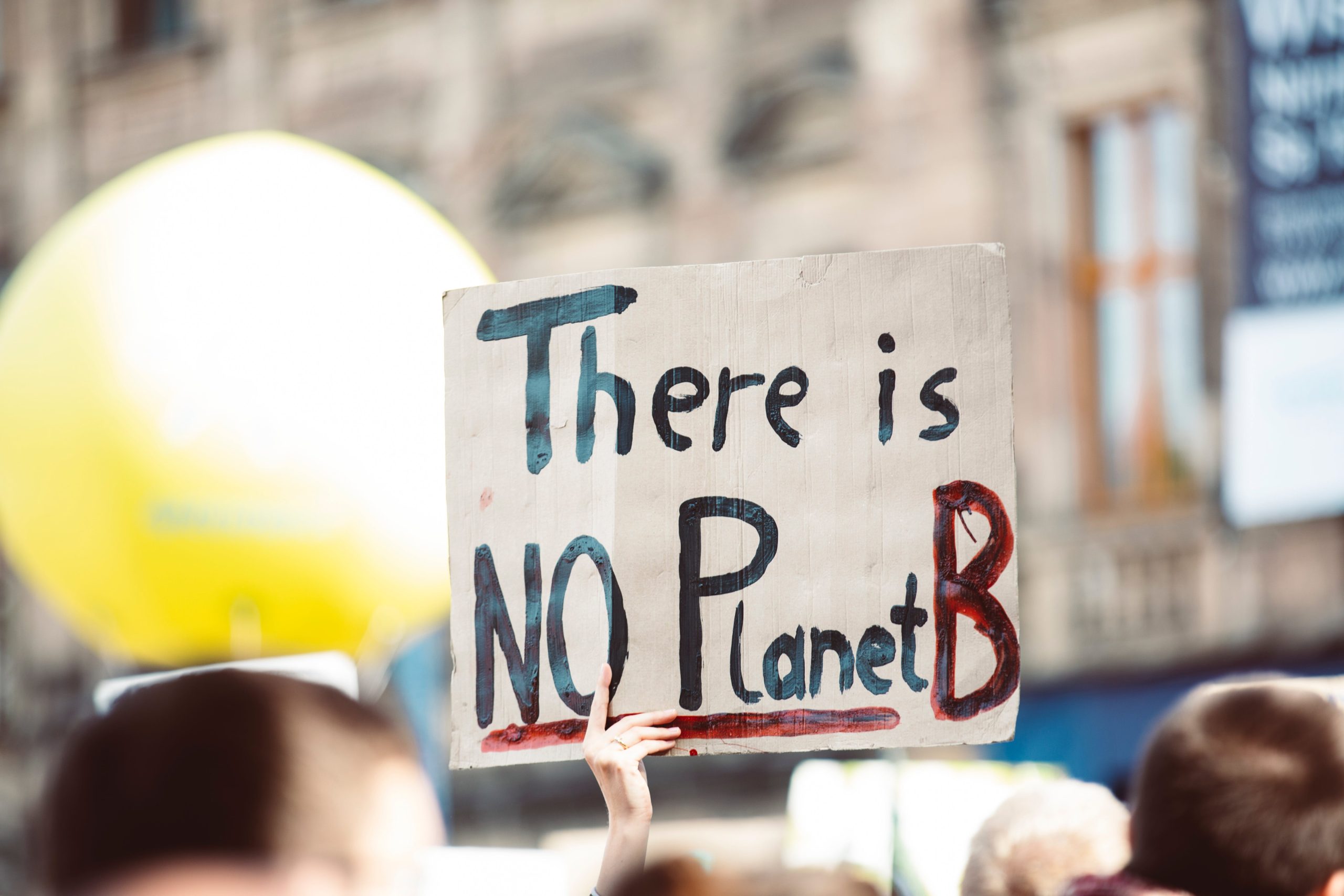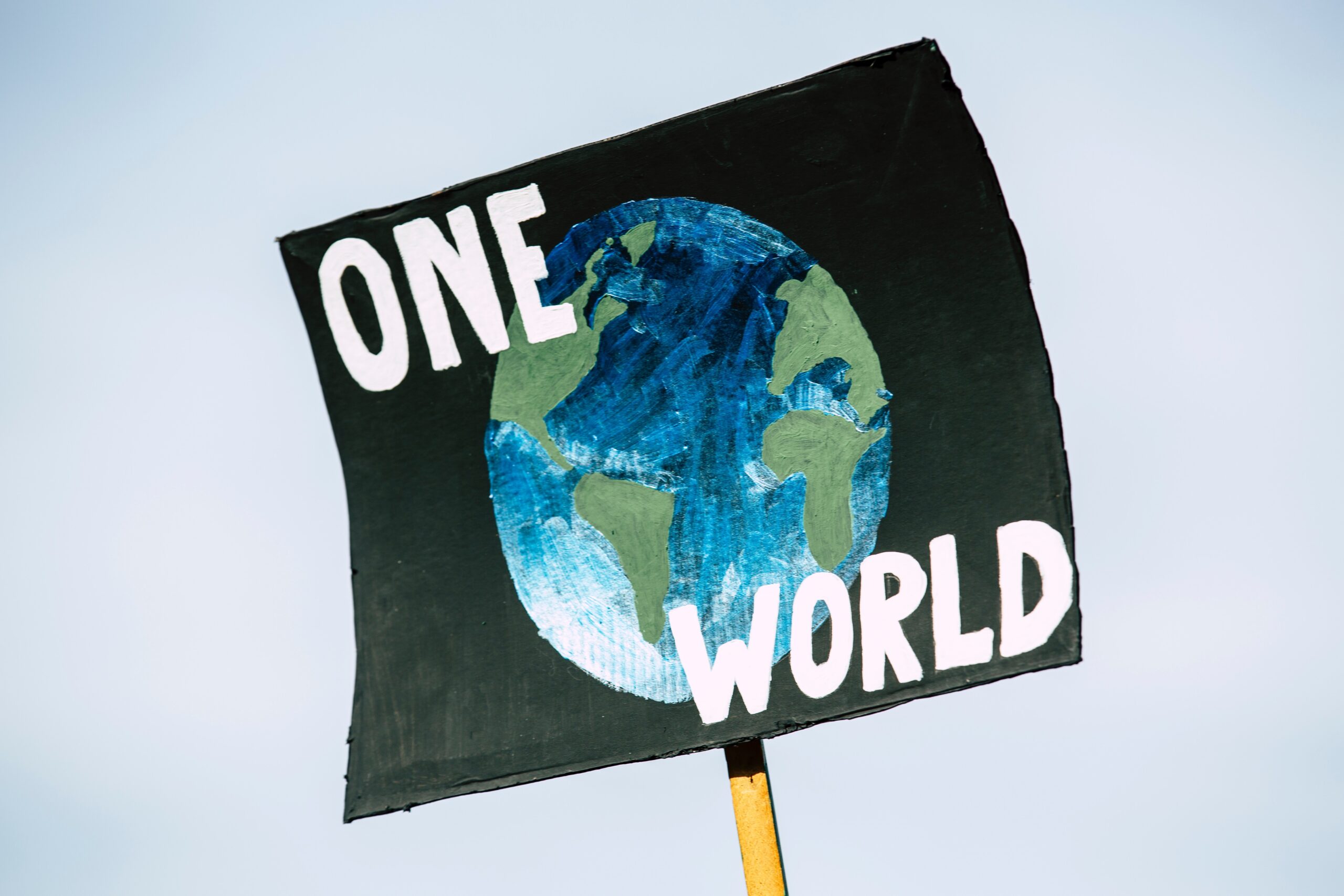Does this mean we save the planet?

“The world does not belong to us”. These were the words King Charles III brought forward in his opening summit at the COP28 (conference of the parties) climate conference, which recently took place from the 30th of November to the 12th of December in Dubai, in the United Arab Emirates. The climate conference is considered as the most important conference on the climate crisis agenda right now, as 80.000 people were registered to attend, making it the largest COP in history so far.
Consequences of the rising temperature accompany us daily, when we hear about the increasing number of floods, fires, droughts and storms, just to list some of the felt consequences in the news, or when we experience them ourselves. Predictions from the NASA and the European Commission´s Copernicus climate change service believe 2023 to be the hottest year recorded and by about 1,2 degrees Celsius above pre industrial level coming dangerously close to the 1,5 degrees we have probably all heard and feared of. Going above the 1,5 degrees Celsius, which was implemented as a limit at the Paris peace conference, would mean devastating and irreversible consequences, like hell raising wildfires or destructive floods, for the planet, as scientists pointed out multiple times already. Thus “It’s time to wake up and step up” as UN Secretary General Antonio Guterres said in a press conference in June, after grimly pointing out that “Countries are far off track in meeting climate promises and commitments”.
The conference was met with hope and at the same time scepticism from the global community. The summit took place in one of the oil-richest nations of the world and with a president being the head of the emirates state oil company “Adnoc”, who was observed even more sceptical when accused of seeking to secure new oil deals on the sideline of the conference. If he was the right person to lead a climate summit is therefore questionable.
Under the present members of the conference were not only politicians and leaders of the different countries but also scientists, climate activists such as Greta Thunberg, members of nongovernmental organisations and representatives of fossil fuel companies. The main outcomes and therefore achievements of the summit included the transition to renewable energy and consequently the transition away from fossil fuels, the establishment of a loss and damage fund, securing funding for the most affected often lower-income countries from wealthier countries, a partnership of the UN with Microsoft for an Al-powered tool which measures how well countries are complying with the climate pledges and an effort to limit emissions of methane, a potent greenhouse gas. Colombia as the first major oil exporter to sign the fossil fuel non-proliferation treaty demonstrated a big success and a step forward and increased the number of countries interested in a legal agreement to end new fossil fuel projects up to 11.
“We have confronted realities and we have set the world in the right direction”, were words spoken by the climate conference president Dr. Sultan Al Jaber at the closing plenary of the summit. But have they really? A lot of critics would not agree, particularly climate activists, scientists, indigenous people and small island nations who bring attention to loopholes in the outcome of the conference.
Certainly the final agreement includes explicit language around fossil fuels in the text, but instead of the need to “phase out fossil fuels”, that many activists and scientists called for, one can read “transitioning away from fossil fuels”. Regardless of the early announcement of the loss and damage fund, developing countries were dissatisfied because of a lack of financial commitments for the transition away from fossil fuels and the adaptation to climate impacts. Additionally, climate activists speak about there being too much room for interpretation and not enough clarity in the results of the climate summit. Can we henceforth call it a success?
We will have to see. Words are nice for a start and a transition away from fossil fuels sounds great for now, but the countries, the companies, the organisations, the world must take action now! It seems like the world finally recognized the urgency of climate change and the undeniable importance of action against the rising temperature. But actions have not yet been taken. And is a “transition away” from fossil fuels enough? We will see if and how fast nations will comply with the agreed words on which the life and sustainability of our planet depend.
Further reading:
What was agreed on climate change at COP28 in Dubai? – BBC News



